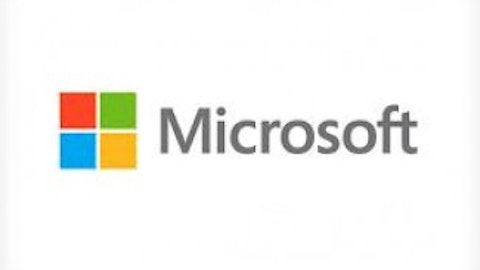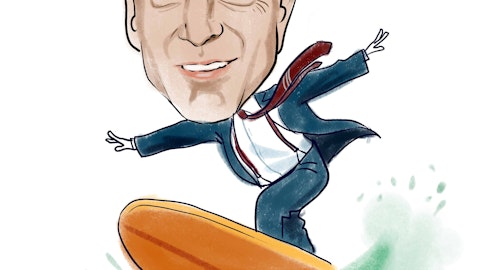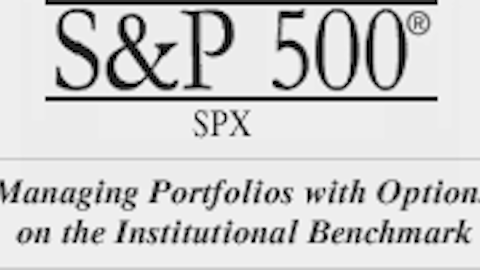
The details of the new deal
The details surrounding the deal are leery at best. But it seems that Carl Icahn is offering a proposal whereby Dell Inc. (NASDAQ:DELL) will implement a share buyback of 1.1 billion shares for $14 per share. Source of capital for the share buyback will come from various entities. Icahn Enterprises LP (NASDAQ:IEP) will be investing $1 billion directly into Dell, and Carl Icahn himself will invest $1 billion directly into the company. An added $5.2 billion will come from a term loan provided by Jefferies & Co. In order to sweeten the deal, Carl Icahn is also proposing a stock warrant at $20 per share.
Currently Dell Inc. (NASDAQ:DELL) has 1.8 billion shares outstanding. So the share buyback would reduce the shares outstanding by more than half. This would cause the share float to significantly decline, and would result in a significant improvement in per-share metrics like earnings per share. The hoped for outcome is that through the company buying back its own shares at $14 per share, it can induce a stock rally that could push the value of the stock above $20 per share.
Analysts project that the company will generate $1 in earnings per share, which basically translates into $1.8 billion in net income for the 2014 fiscal year ending on January. The share buyback would basically reduce the total shares outstanding down to 700 million shares, which should inflate earnings to $2.57 per share assuming earnings don’t decline more than anticipated for the current fiscal year. The company in its history has never been able to report earnings of $2.57 per share; the highest the company has ever gotten was $1.50 in earnings per share back in 2005.
Downside and upsides to the deal
If earnings were to come in at $1.8 billion for the fiscal year, and the board implements the share buyback proposal, the stock could have significant upside. The share buyback would reduce the total supply of shares, which will increase the value of the shares.
The downside is that Dell Inc. (NASDAQ:DELL) will have to borrow money in order to finance this share buyback program. The added cost of interest will lower the projected net income for the 2014 fiscal year ending in January. The upside is that the share buyback may force the stock above $20 per share, and will allow Dell warrant holders to reach breakeven. Details on the ratio of stocks per warrant are unknown. However, in the event the stock trades above $20 the exercising of stock warrants will increase the share float.
The added leverage will reduce the soundness of the balance sheet. On the bright side, there are pent-up upside catalysts: desktop and laptop computers will eventually recover in 2014 because Microsoft will no longer support Windows XP. This could force a product refresh in 2014, and cause earnings to grow significantly. Based on those outward looking assumptions analysts are willing to forecast 24% earnings growth in the next fiscal year.
Those who currently own Dell stock cannot lose. The stock currently trades at $13.14 per share. The stock will either be bought out at $13.65 per share, or experience significant upside from Carl Icahn’s share buyback proposal.
My take on the PC industry
Dell Inc. (NASDAQ:DELL) is more of a special scenario whereas Hewlett-Packard Company (NYSE:HPQ) is not. Sound fundamentals like better cost management and potential product refreshes would better apply in this instance.




